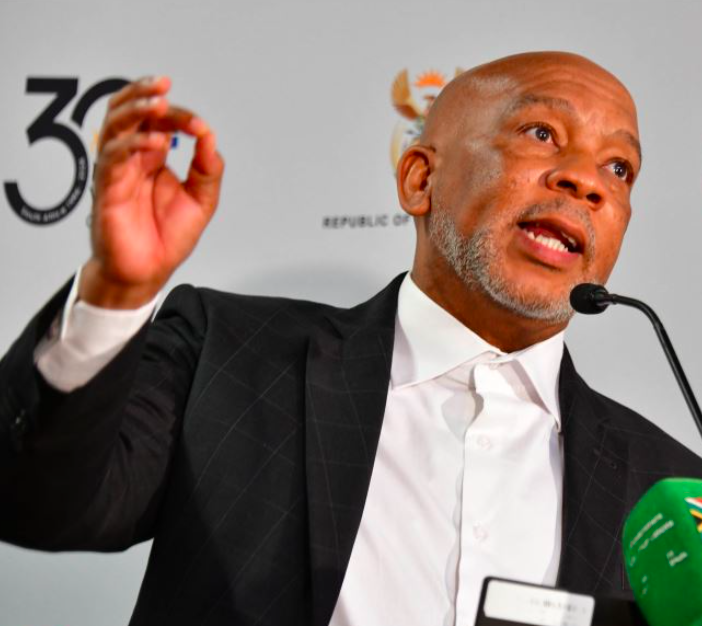Cape Town – Electricity and Energy Minister, Kgosientsho Ramokgopa, has announced a significant improvement in Eskom’s unplanned capability loss factor (UCLF), signaling a healthier power system.
Ramokgopa said that over the past seven days, the UCLF averaged 10,500 megawatts of unavailable capacity, compared to 15,000 megawatts during the same period last year, an improvement of 5,000 megawatts.
“That’s significant, and that’s why we have been able to keep the lights on [for a] very considerable period,” Ramokgopa said during a media briefing in Pretoria on Monday.
The minister also discussed the progress of the Independent Power Producer (IPP) programme, emphasising the reduced reliance on diesel for electricity generation.
From April 1 to October 17, 2023, Eskom spent R18 billion to prevent power cuts, which is R12 billion less than the previous year, he said.
“It’s important that we’re able to consistently improve this kind of result. And of course, in numbers, it means that there’s less and less reliance on diesel to power our electricity requirement,” Ramokgopa said.
He added: “There’s less reliance on diesel. And if you look at the open cycle gas turbines (OCGT) load factor, the percentage of time that we’re relying on these at the same period last year, we were sitting at about 8.95% and this year, we were sitting at about 4.59%.”
While Ramokgopa acknowledged the progress, he stressed that avoiding load shedding should be the norm.
“That should be the standard… The standard is that there shouldn’t be any load shedding, and the standard should further suggest that we should not rely on expensive fuel sources to keep the lights on.
“This is not an achievement but a step in the right direction. An achievement will be when there’s no load shedding and [we] can use a cheaper form of existing generation for us to keep the lights on. And that’s where the Independent Power Producer programme (IPP) comes in,” the minister said.
Since its launch in 2011, the IPP programme has procured 15,432 megawatts of renewable energy, with further projects in development. This initiative has also generated 85,800 jobs and attracted R272 billion in investments, boosting local economies, particularly in renewable-rich provinces like the Western Cape and Northern Cape.
Ramokgopa reiterated the ministry’s goal to lower electricity costs, making power more affordable for households and competitive for businesses.
Follow African Insider on Facebook, X and Instagram
Picture: X/@SAgovnews
For more African news, visit Africaninsider.com
Compiled by Betha Madhomu


